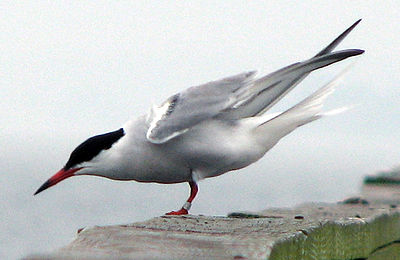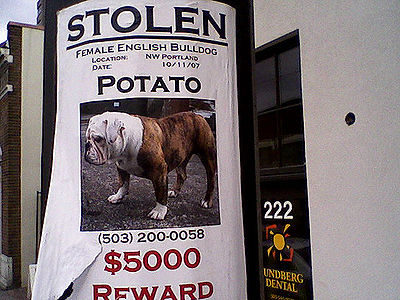
Would you believe that there are at least 75 breeds of dogs that are either banned or regulated, from the small Pug to the giant Great Dane. The main so-called “bully” breeds are the Pitbull and the Rottweiler.
<ads media=googleAds1 />
Breed Specific Legislation or BSL as it is known, bans or regulates some dog breeds hoping to reduce dog attacks. But it hasn’t worked. The truth is all breeds of dogs have the ability to attack and bite. And with the right provocation, they might do just that. Media coverage has also perpetuated the fear of certain breeds. After all, this is the kind of news that people take notice of.
The problem lies not with breed of dog, but with reckless owners and sometimes, careless breeders. There are other contributing factors for dog attacks such as non-neutered/spayed dogs, type of training, dogs living abused or neglected lives.
Individual cities, counties, towns and States all have local laws regarding bans or regulations on specific dog breeds. If you plan on moving, ask about any breed specific and local dog ordinances. Inquire about any changes in your present locality regarding laws about dog ownership.
The bans and regulations may include a ban on owning a specific breed; forced spay or neuter of specific breeds; mandatory registration of specific breeds on a database; special insurance requirements for specific breeds. Some places have weight and size restrictions.
BSL is not limited to the U.S. As an example, the ASPCA tells us that in 1991, all the United Kingdom passed the Dangerous Dog Act to ban pit bulls and a few other “bully” breeds.
The ASPCA as well as numerous other organizations oppose laws that regulate or ban dogs because of breed. They are aware that dangerous dogs are a problem in some communities. But BSL has proved ineffective in remedying the situation. Dog fighting is illegal in all 50 States. Putting a halt to this terrible crime is a step in preventing people from training dogs to become dangerous.
Dog owners who properly care for and train their dogs should not be held responsible for the acts of others.



